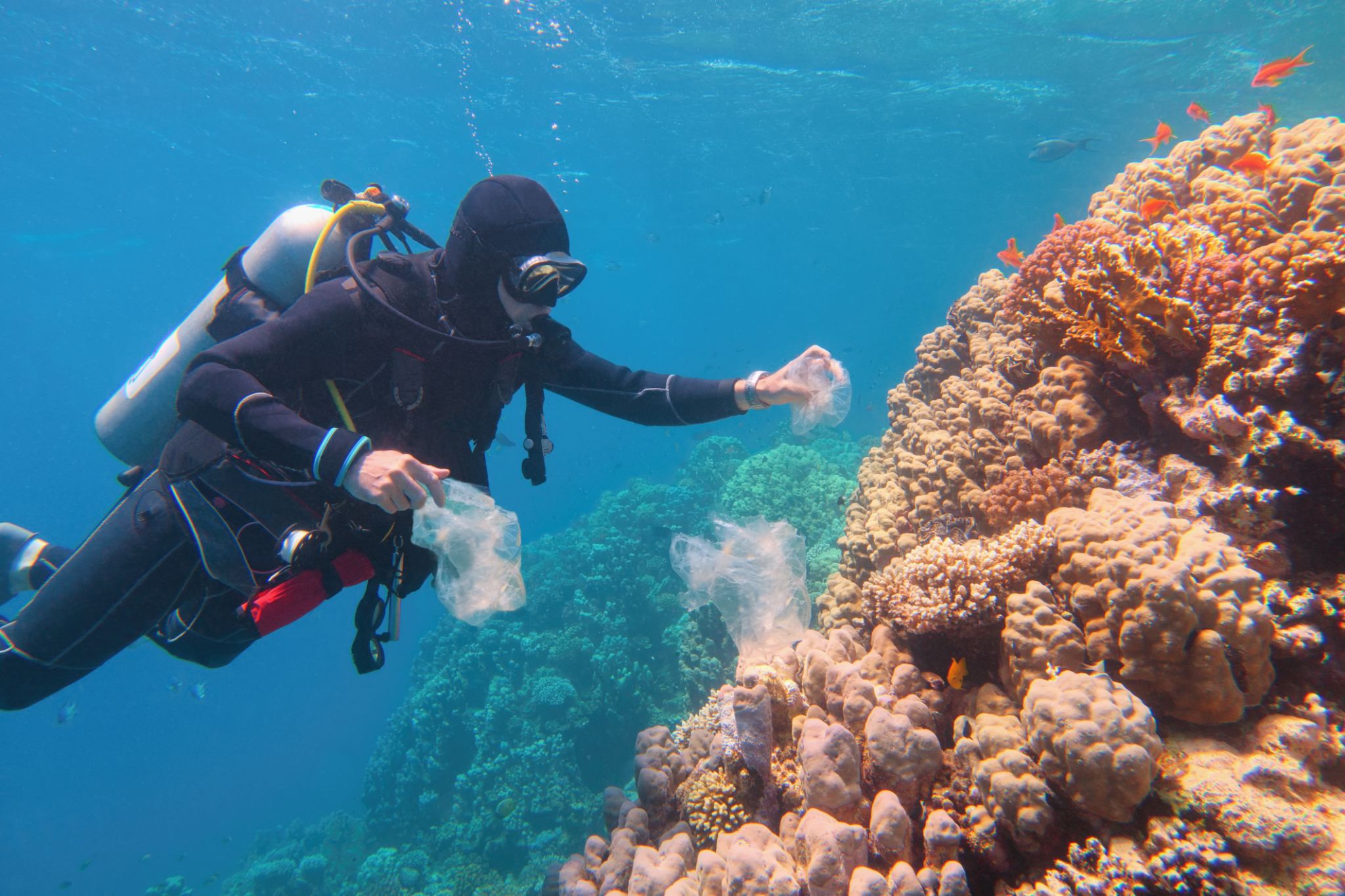Scuba Diving Safety: What You Need to Know
Understanding the Basics
Scuba diving is an exhilarating activity that allows you to explore the underwater world. However, it comes with its own set of risks. Understanding the basics of scuba diving safety is crucial for a safe and enjoyable experience. Whether you are a beginner or an experienced diver, staying informed about safety measures is essential.

Before diving, it's important to ensure that your equipment is in good condition. Regular maintenance of your gear, including the regulator, buoyancy control device (BCD), and tanks, can prevent potential mishaps. A simple pre-dive check can make all the difference in ensuring everything functions properly.
Training and Certification
Proper training is the foundation of scuba diving safety. Enrolling in a recognized certification course is a must. Courses provide essential knowledge about dive planning, equipment usage, and emergency procedures. Most importantly, they teach you how to handle unexpected situations under water.
It's advisable to refresh your skills regularly. Even certified divers should consider taking refresher courses if they haven't been diving for a while. This ensures that your skills remain sharp and you feel confident in the water.

Planning Your Dive
Dive planning is a critical step that should never be overlooked. Always dive with a buddy and discuss your plan before entering the water. This includes agreeing on maximum depth, time limits, and emergency signals. Having a clear plan ensures that you and your buddy are on the same page.
Checking weather conditions and tides is also vital. Unfavorable conditions can turn a pleasant dive into a dangerous situation. Always listen to local advice and consider postponing the dive if conditions aren't ideal.
Understanding and Managing Risks
One of the most important aspects of scuba diving safety is understanding potential risks and knowing how to manage them. This includes being aware of your limits and recognizing signs of fatigue or distress. Pushing beyond your comfort zone can lead to accidents.

Always monitor your air supply and depth. Running out of air is a common cause of diving accidents, and staying aware of your surroundings helps prevent disorientation. Remember, it's crucial to ascend slowly to avoid decompression sickness.
Emergency Preparedness
Having a plan for emergencies is essential. Familiarize yourself with standard emergency procedures and hand signals. Carrying a signaling device, such as a whistle or a surface marker buoy, can be a lifesaver in case you become separated from your group or need assistance.
Ensure that you know the location of the nearest decompression chamber and have access to emergency contact numbers. In the event of a problem, quick action can significantly improve the outcome.

By adhering to these safety guidelines, you can enjoy the wonders of the underwater world with confidence and peace of mind. Remember, safety should always be your top priority when scuba diving. Dive smart, and you'll have countless memorable experiences beneath the waves.
